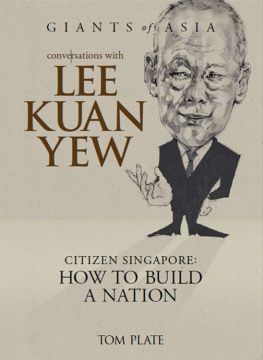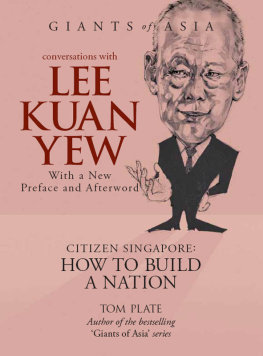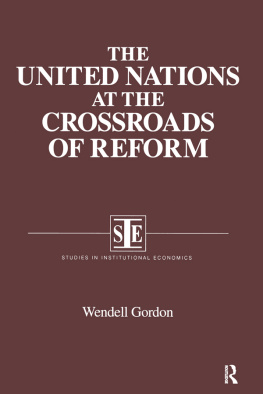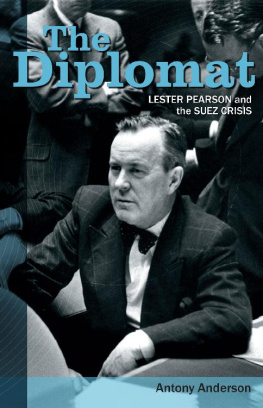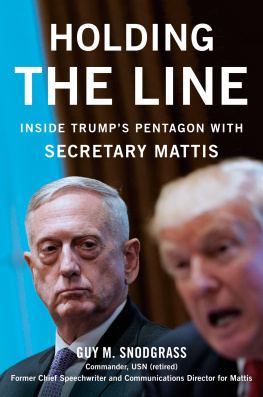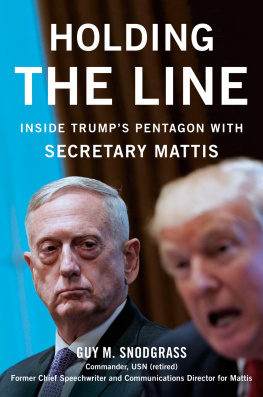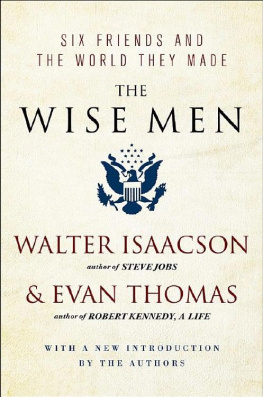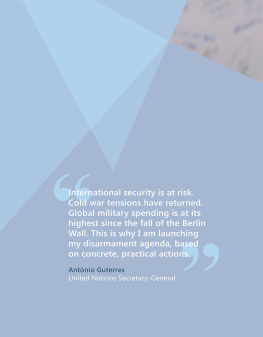
GIANTS of ASIA
conversations with
Lee
Kuan
Yew
CITIZEN SINGAPORE :
H O W T O BUILD
A N ATION
tom p l ate

2010 ThomasGordon Plate
Reprinted2010, 2011
Photographscourtesy of Yeong Yoon Ying / Research by My Lu
Editor: LeeMei Lin
Design byBernard Go Kwang Meng / Cover illustration by P. K. Cheng
Published byMarshall Cavendish Editions
An imprint ofMarshall Cavendish International
1 NewIndustrial Road, Singapore 536196
All rightsreserved
No part ofthis publication may be reproduced, stored in a retrieval system ortransmitted, in any form or by any means, electronic, mechanical, photocopying,recording or otherwise, without the prior permission of the copyright owner.Request for permission should be addressed to the Publisher, Marshall CavendishInternational (Asia) Private Limited, 1 New Industrial Road, Singapore 536196.Tel: (65) 6213 9300, Fax: (65) 6285 4871. E-mail:genrefsales@sg.marshallcavendish.com. Website: www.marshallcavendish.com/genref
The publishermakes no representation or warranties with respect to the contents of thisbook, and specifically disclaims any implied warranties or merchantability orfitness for any particular purpose, and shall in no events be liable for anyloss of profit or any other commercial damage, including but not limited tospecial, incidental, consequential, or other damages.
Other MarshallCavendish Offices
MarshallCavendish Ltd. PO Box 65829, London EC1P INY, UK Marshall CavendishCorporation. 99 White Plains Road, Tarrytown NY 10591-9001, USA MarshallCavendish International (Thailand) Co Ltd. 253 Asoke, 12th Flr, Sukhumvit 21Road, Klongtoey Nua, Wattana, Bangkok 10110, Thailand Marshall Cavendish(Malaysia) Sdn Bhd, Times Subang, Lot 46, Subang Hi-Tech Industrial Park, BatuTiga, 40000 Shah Alam, Selangor Darul Ehsan, Malaysia.
MarshallCavendish is a trademark of Times Publishing Limited
ISBN:XXX-XXX-XXX-XXX-X
Asked what they
thought about
LEE KUAN YEW
and his legacy,
here are what these
world figures and
experts had to say.
Lee Kuan Yew can justifiably be called the Father of ModernSingapore. He has steered through policies that have been copied across Asia,and have greatly lifted the profile and representation of Singapore. It is alegacy that will endure.
John Major, Prime Minister of Britain, 199097
He is a big frog in a small pond. He is not satisfied withwhat he has. He had ambitions to become Prime Minister of all Malaysia. Hetries to lecture people but people dislike that. People do regard him as anintellectual, as something more than just an ordinary politician. Hes alwaysinvited to give his views on things and, to that extent, he is something biggerthan Singapore. But the fact remains that he is [only] the Mayor of Singapore.This is something he doesnt like. You see, he wants to be big. And he feelsthat we [in Malaysia] took away his opportunity to lead a real country. But I thinkhe will go down in history as a very remarkable intellectual and politician atthe same time, which is not a very often thing.
Dr. Mahathir bin Mohamad,
Prime Minister of Malaysia, 19812003
Is a leader the product of his times, or does a leader makehis times? Lee Kuan Yew is a living testimony to the truth of both assertions:the birth of a new nation-stateSingaporewas the unique moment in time whichdrove this man to rise to the call of history; and in his single-minded resolveto wrestle his city-state from the Third World into the First, he shaped histimes, creating the Singapore way of development, which some look up to, andsome decry. It is a fact, however, that if two names could beindissociable, these would be Singapore & LKY, and LKY &Singapore.
Ton Nu Thi Ninh, former Vietnamese Ambassador to the
European Union, and founder of Tri Viet University, Vietnam
It has often been said that today, the natural resources thata society has in hand are not as important as the knowledge and the strategy ofits human resources. Singapore is an excellent example of this and LKY has madeit so. It is not a miracle that transformed Singapore from being a small andpoor phone booth size sleeping community, into one of the worlds most impressivesuccess stories; it was Lee Kuan Yew. Whether one agrees or disagrees with him,his success is on record. He is an intellectual and a statesman, one with avision, one with a strategy and the ability to get things done. Readers willhave much to learn from his story.
Kantathi Suphamongkon, former (39th) Thai ForeignMinister
Currently Visiting Professor of Law and Diplomacy atthe
University of California, Los Angeles (UCLA), and Senior Fellow
at the Burkle Center for International Relations, UCLA
President and Mrs. Carters full agenda makes it impossiblefor them to respond positively to the many requests to contribute to books.
Jimmy Carter, U.S. President, 197781
Currently President of the Carter Foundation
(signed by some spokesperson, not by any of the Carters)
The Queen has asked me to thank you for your letter. HerMajesty was interested to read about your literary project entitled Giants of Asia,and has taken careful note of your request. I am afraid, however, thatthroughout her reign The Queen has made it a rule not to publicly express herpersonal views. I am sorry to send you a disappointing reply, but may I send mygood wishes for the success of your project. Yours sincerely, Mrs. SoniaBonici.
Buckingham Palace, London, on behalf of HRH QueenElizabeth II
No one has ever done state-guided capitalism better. If Chinacan model itself on Singapore, the world will be a much better place. Education,health care, social investment, individual incentive, reasonable attention tothe environmenta good balance. He created stability in the regionan amazinglyhigh degree of leverage, primarily by commercial/economic example. Also thesmart use of military capability, never apparently applied, which is the bestsort of military force. Look after things well at home, and have a strong arm,and you can influence others. I hope that he feels very good about what hesdone. Regarding the issue of alleged excessive social control: its sortof like banking and financethe right level of regulation has a lot of sense toit.
Wyatt (Rory) Hume, Provost, United Arab EmiratesUniversity
and former Provost, University of California system
Singapore is a city-state that had poor odds for surviving,let alone thriving: no resources, tiny size and population, and surrounded bydifficult and sometimes hostile neighbors. Through sheer intellect and willpower, LKY carved out a country that is a model for economic growth, has littleor no corruption, is a visionary in digital technology and delivers afirst-rate education and life for its citizens.
Professor Jeffrey Cole, Director of the Center for theDigital Future, University of Southern California (USC)
Lee Kuan Yew has made Singapore absolutely unique in this partof the world, by making it as one of the least corrupt political systems in theworld. Now that is a tremendous achievement. The question is, how long can youmaintain an incorrupt political system? (stated publicly in 2000)
Samuel Huntington, 19272008, author of The Clash of
Civilizationsand the Remaking of World Order
Thanking those who helped
make this book possible
Minister Mentor Lee Kuan Yew, Singapores founder andsubject of this book, never once asked to review the manuscript, of course, buthe did ask to look over all direct quotes for accuracy, content and style. Ihappily agreed, and sincerely appreciated his effort to improve accuracy andarticulation, as well as his patient and precise responses to the emails overthese past months, not to mention the exclusive hours on 27 and 28 July, 2009at the Istana, and his interviews with me over the years.
Next page
